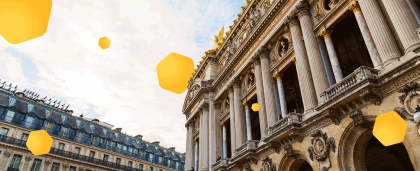Eat breakfast in a café
What do the French eat for breakfast? Only coffee. Eating breakfast is not common practice in France. The famous French breakfast is just a myth created for tourists in order to make an extra 10 euros off of each person early in the morning.
Keep in mind that all the cafés that serve breakfast belong to Americans and good French restaurants are closed in the mornings. If your clients want to feel like a real Parisian, they can have breakfast at their hotel or apartment and then sit outside for half an hour with a cup of coffee on some veranda.
Take a taxi in the city
First of all, the yellow car is a symbol of New York not Paris. Secondly, the area of Paris is 10 times smaller than the “Big Apple” and this is not a figure of speech, it’s really 10 times smaller. Taking its developed infrastructure into account, it’s very hard to find a route that is not covered by the city’s transportation network. It’s easy to go on the bus to areas the metro doesn’t go to. For areas the bus doesn’t go to, it’s possible to use a bicycle (we recommend velib — the local bicycle rental chain, a full day rental is 5 euros).
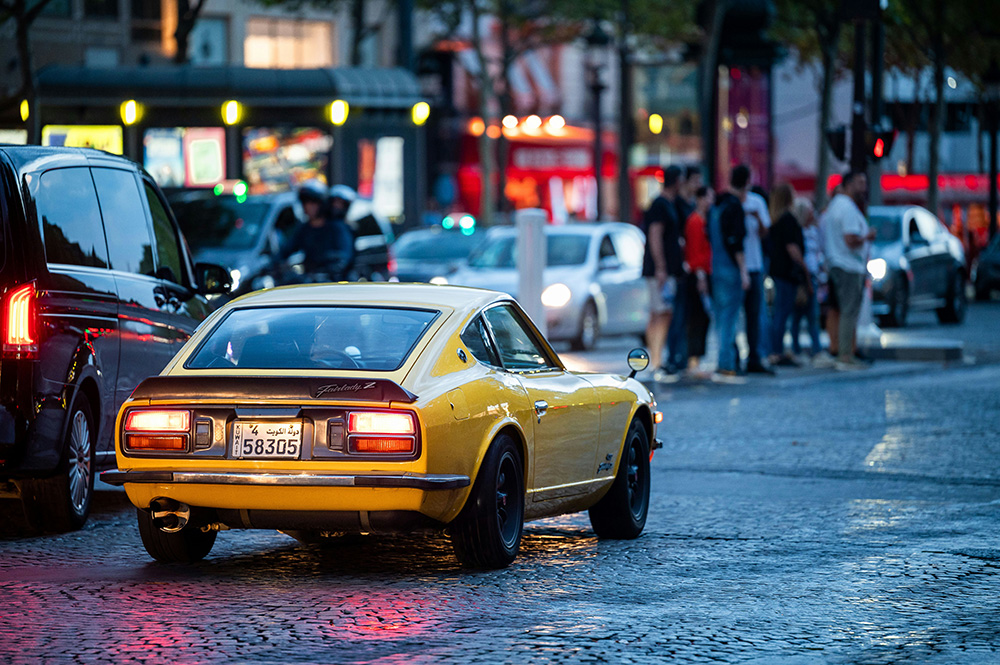
Photo by Alexis BEARS on Unsplash
Arrive on time
In French, there is the set phrase “un quart d’heure de politesse” (a polite 15 minutes). In France, and especially in Paris, it’s not polite to arrive on time. The same thing applies to meetings in cafés, including business meetings—you don’t want to hurt your colleague with your punctuality.
Parisians have a very special sense of time and it is almost impossible to predict the personal time zone of your acquaintance, friend, or colleague. Once I was honestly half an hour late for a birthday party and nevertheless I arrived before the birthday person. Yes, France is full of anecdotes about the eternally rushing Parisians, but they are in a hurry, apparently, not to arrive on time, but to be late not by 40, but at least by 30 minutes.
Leave big tips
If in New York it’s customary to leave tips of 10 to 20% in restaurants, then the French will give a little tip for tea regardless of the amount of the bill.
Stroll or shop along the Champs-Élysées
A self-respecting Parisian would even refuse to explain this point of advice. Thanks to Joe Dassin’s song, “in the sun, in the rain, at noon or at midnight” the Champs-Élysées is the most crowed place in Paris. Moreover, the main habitués of the “most beautiful avenue in the world” are pickpockets.
The Champs-Élysées will change your opinion about the famous French flânerie—aimlessly sauntering along the boulevards. To be a flâneur here means to maneuver your way between crowds of tourists, swindlers, and cafés with prices that are three times as high as normal.
If your clients are going to do some shopping, advise them to set aside an hour and a half in line for the fitting room and an hour and a half for the cash register.
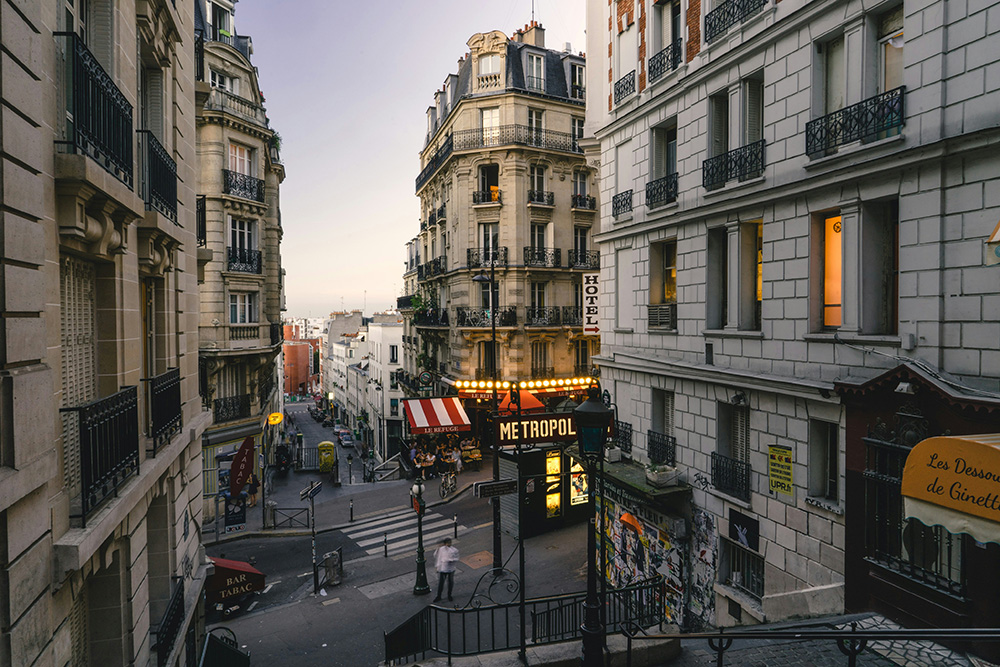
Photo by JOHN TOWNER on Unsplash
Go to famous cafés
Fans of Jean-Sol Partre, Master Hem, and the French New Wave film movement will surely plan to have a quick drink at the Café de Flore or Les Deux Magots. The problem is that the spirit of Bohemian Paris already began to disappear from these places at the hundredth click of a camera. Besides this, the increase in coffee prices is unfortunately inversely proportional to the decline in authenticity. By the way, the same applies to the ‘Renoiresque’ Le Moulin de la Galette and Le Café des Deux Moulins, where Amélie Poulain herself cleaned the tables.
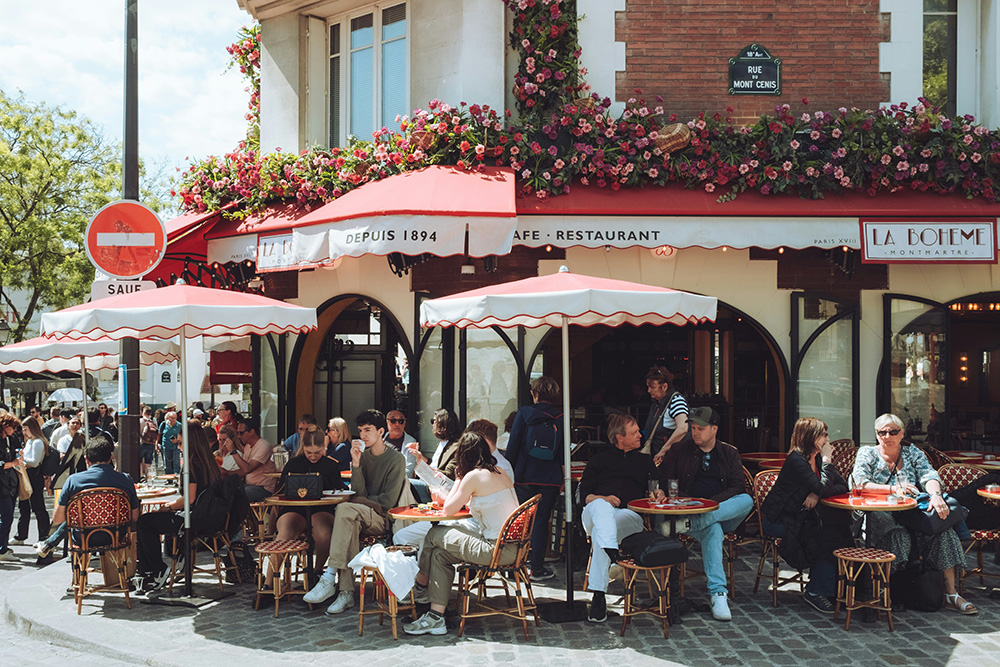
Photo by Nico Knaack on Unsplash
Dress up
The world-famous Parisian chic requires a bit of carelessness: an unironed shirt, disheveled hair, and unconcealed dark shadows under the eyes. Parisians are never too dressed up or too tidy. Even if a girl spent an hour and a half getting ready for a date, she will look as if she put on the first t-shirt she came across in her closet and forget to comb her hair before leaving.
If your clients go to a social event or to a good restaurant, advise them to leave out some important detail: if you wear a suit and a dress shirt then go without a tie, if you wear an elegant dress you should go without heels, otherwise your tablemates might think that you were not fed enough at a wedding and you ran to a restaurant.
Be too friendly
Yes, it’s true that a salesperson in a store will greet you warm-heartedly and wish you a good day. But you should not be too complimentary in return and you should not be interested in which school his children go to and what his favorite Édith Piaf song is. The threshold of politeness in France is very different from the English and American threshold. Parisians are very suspicious of smiling people and avoid visual contact with strangers (we especially advise you against trying to establish visual contact in the metro).
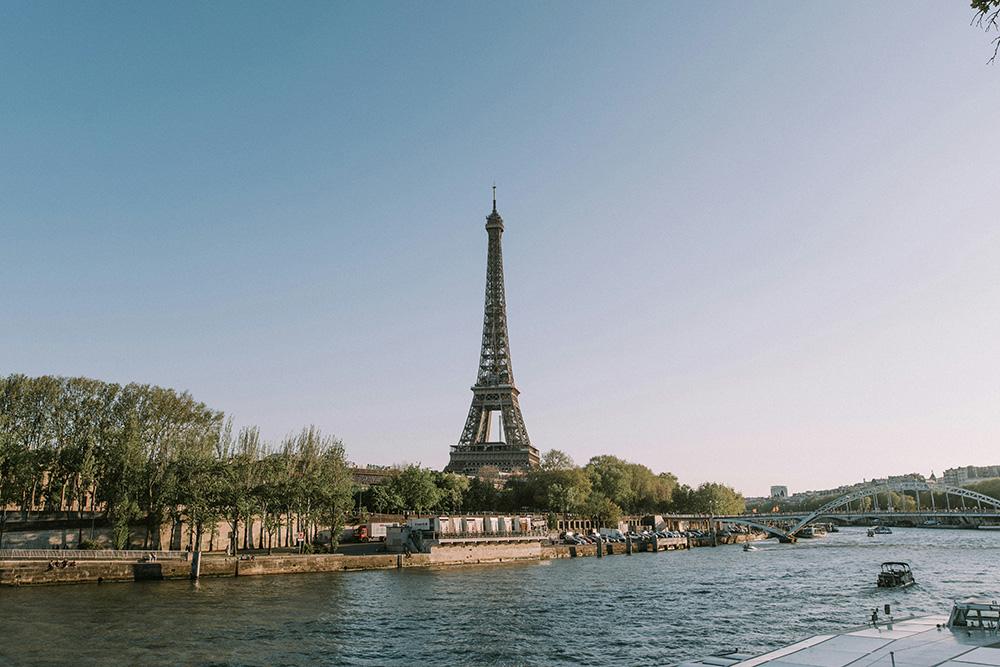
Photo by Matej Pribanic on Unsplash
The French are very scrupulous about the unspoken rules of etiquette and there are legends going around about Parisian snobbery. Parisians will unceremoniously call you a paysan (peasant) for the most inoffensive faults: you bought a baguette in a store and not in a bakery—you’re a paysan, you wait until the red light changes to green before crossing the street—you’re a paysan, and so on. However now you know what you shouldn’t do!

